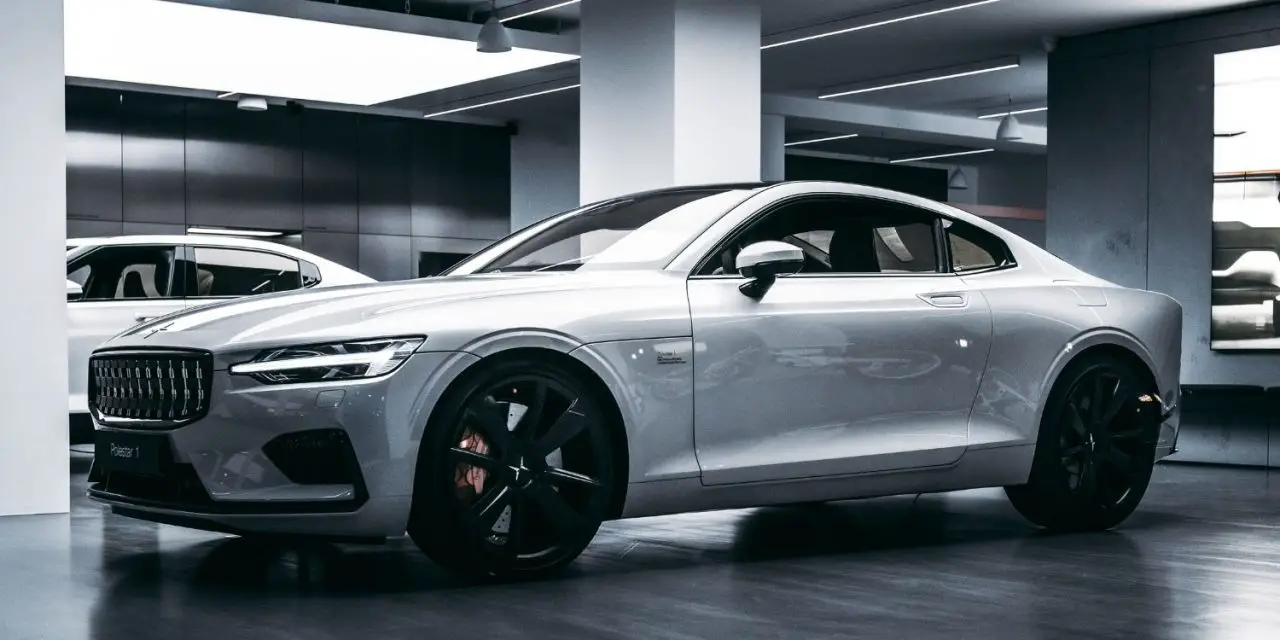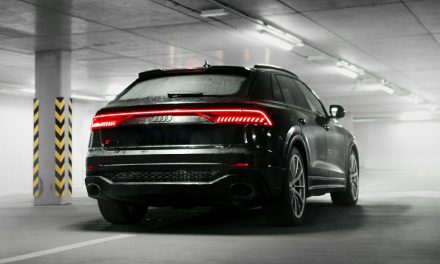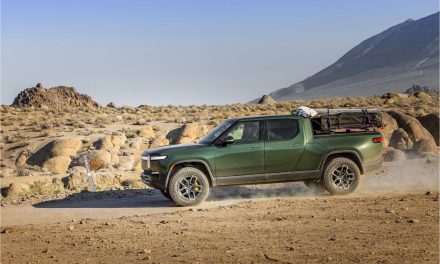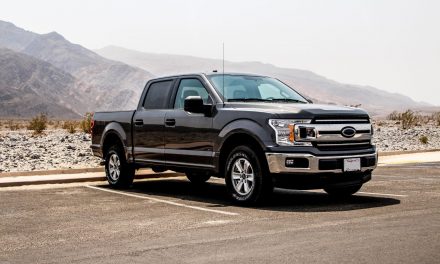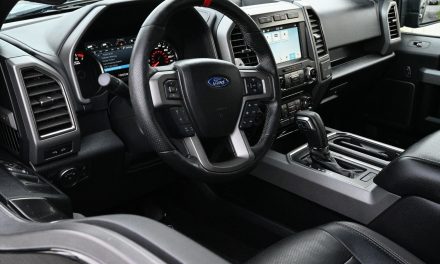Acura NSX, BMW X1, Mercedes G Class, Lexus GX and so many others. What do they have in common? They all utilize numbers and letters to denote their model range. In this article, we are going to go into why this is, and my opinion on if this practice helps, or hurts their brand (hint: I hate it).
So what are the real reasons why luxury brands use weird alphanumeric names for their vehicles?
1. Marketing vehicles in different countries
Different countries all have different languages, with different alphabets can be confusing, so using numbers and letters across the board is an easy way to ensure that a car’s name is consistent no matter where it’s sold. This allows for easier marketing and ad buys internationally.
2. Trademarking the name
Another reason has to do with trademarking. When a company invents a new name for a vehicle, it’s very important to make sure that name isn’t already being used by another automaker.
To do a thorough check, companies will often use numbers and letters to create a unique name that can be easily trademarked. This is also much easier to maintain throughout all of the countries where they sell their vehicles.
3. Newer luxury brands are copying legacy luxury
When a new luxury automaker comes to market, they are often trying to copy the success of older, more established brands. One way they do this is by adopting similar naming conventions for their vehicles. This helps to create an air of legitimacy and prestige around the new brand.
It’s just tradition!
You will see this most with newer companies like Genesis that are looking to brands like Mercedes that have been exclusively using the “Class” convention since 1994 but has been using just numbers since the 1930s.
BMW also has been using numbers back to their motorcycles in the 1920s and has been referring to their vehicles by numbers and letters since 1972 with the 5 Series.
- THE 42 LUXURY VEHICLES OVER 6,000 POUNDS
- ONLY 2 BMWS ARE FRONT-WHEEL DRIVE (FWD): HERE THEY ARE!
- TOP 11 BEST VEHICLES FOR BUSINESS TRAVEL (CARS, TRUCKS & SUVS)
What luxury automakers use weird alphanumeric names?
There are 17 different brands that I could find that utilize an alphanumeric naming theme for their vehicles! Of course, there are certain ones such as Ferrari, Porsche, and Cadillac that utilize both styles (further confusing the consumer).
- Acura
- Alpina
- Audi
- BMW
- Cadillac
- Ferrari
- Genesis
- Infiniti
- Jaguar
- Lexus
- Maybach
- McLaren
- Mercedes
- Polestar
- Porsche
- Tesla
- Volvo
What luxury brands do not use alphanumeric naming?
There are 15 different luxury vehicle brands that do not utilize the alphanumeric naming scheme! Let’s give them props to let them know they are doing a great job.
- Alfa Romeo
- Aston Martin
- Bentley
- Bugatti
- Buick
- Fisker
- Koenigsegg
- Lagonda
- Lamborghini
- Land Rover
- Lincoln
- Lucid
- Maserati
- Pagani
- Rolls-Royce
What are my thoughts on this naming convention?
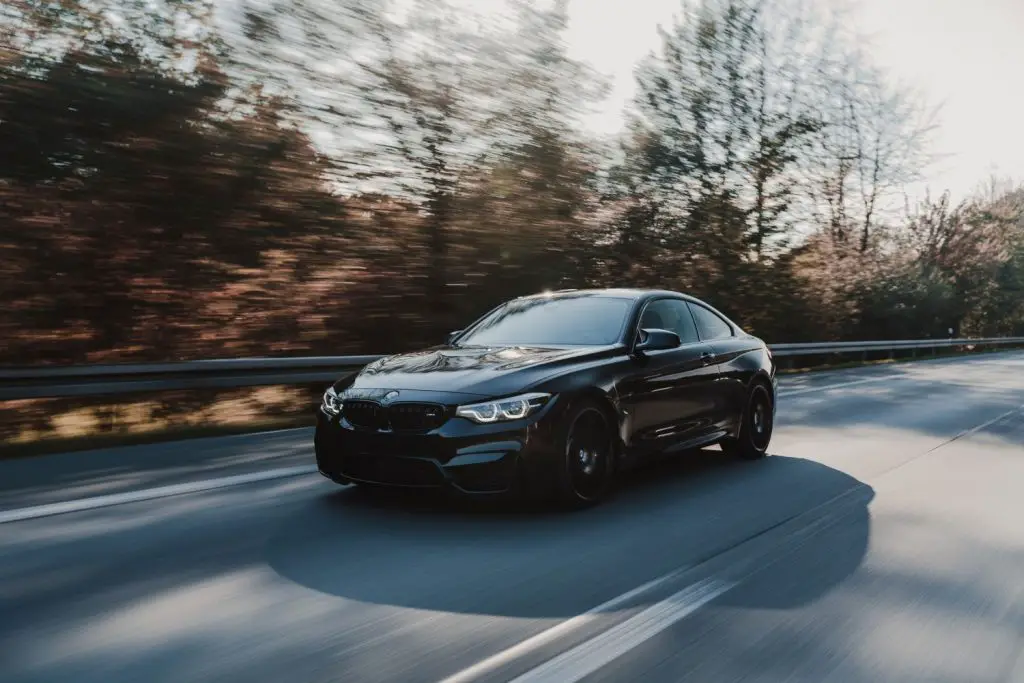
I spent a lot of time, both for my automotive hobby, but also for this website, researching cars, specs and so much more, and I do not like utilizing this alphanumeric naming scheme.
While companies like BMW do a decent job of at least giving you an idea of what their vehicle is by their name (vehicles that start with an “X” are an SUV, and without are a car). I still do not really know what I am getting. Without extensive experience with each brand, you quickly do not know what vehicle you are looking at. Meanwhile, with companies like Land Rover (Defender, Range Rove, etc) you at least can attribute a name to a vehicle.
I believe one of the biggest offenders of this is Jaguar, where many of their vehicles start with a letter, and then have “Pace” after it (E-Pace, F-Pace, F-Type, I-Pace). I still have to do a quick online search each time I discuss these vehicles because I do not fully understand how their naming theme works. How do they expect to build a brand, when their consumers don’t understand what vehicle is being talked about by their name?
Conclusion
Luxury automakers have been utilizing alphanumeric naming conventions for their vehicles for many years now, and it doesn’t seem like this trend is slowing down any time soon. While I do not enjoy this theme, I understand why they do it from a marketing, international sales, and trademarking perspective.

